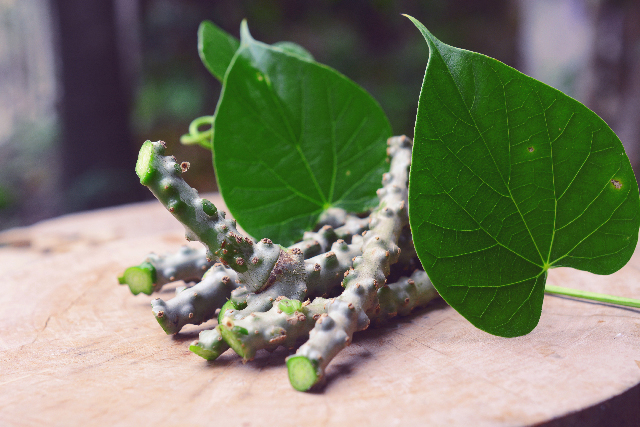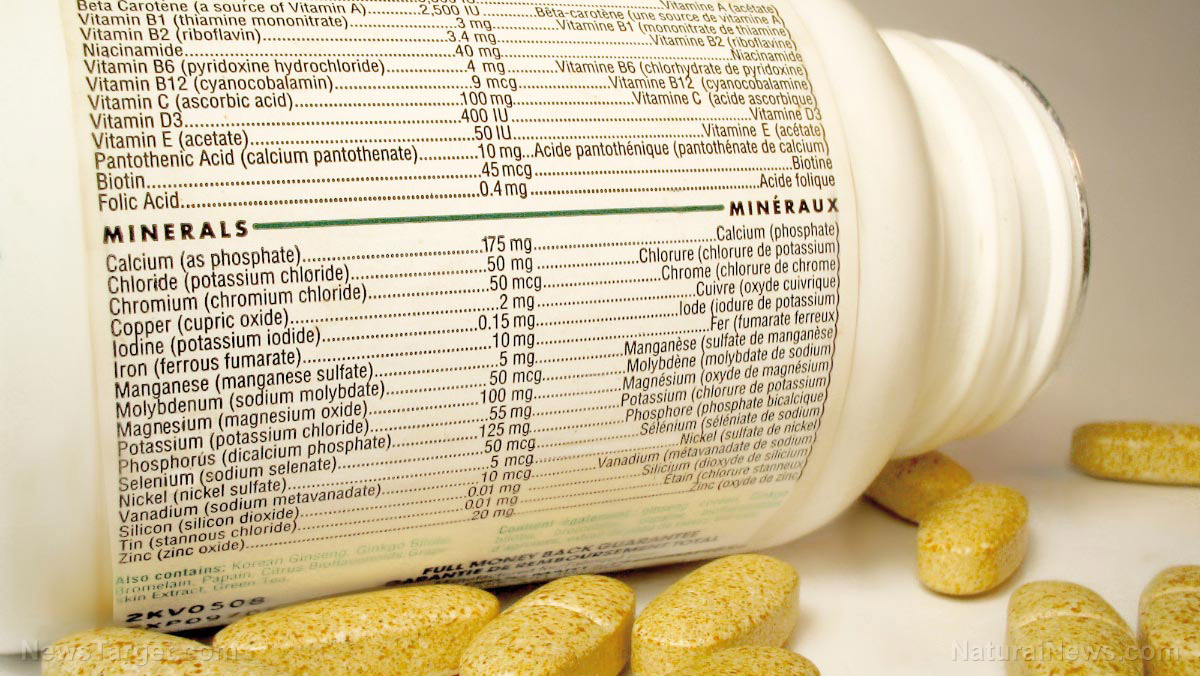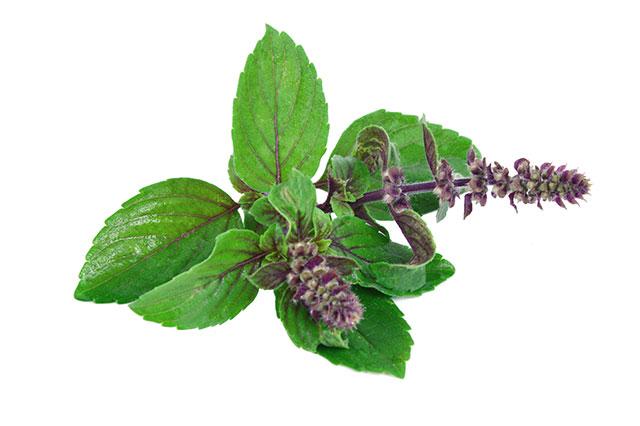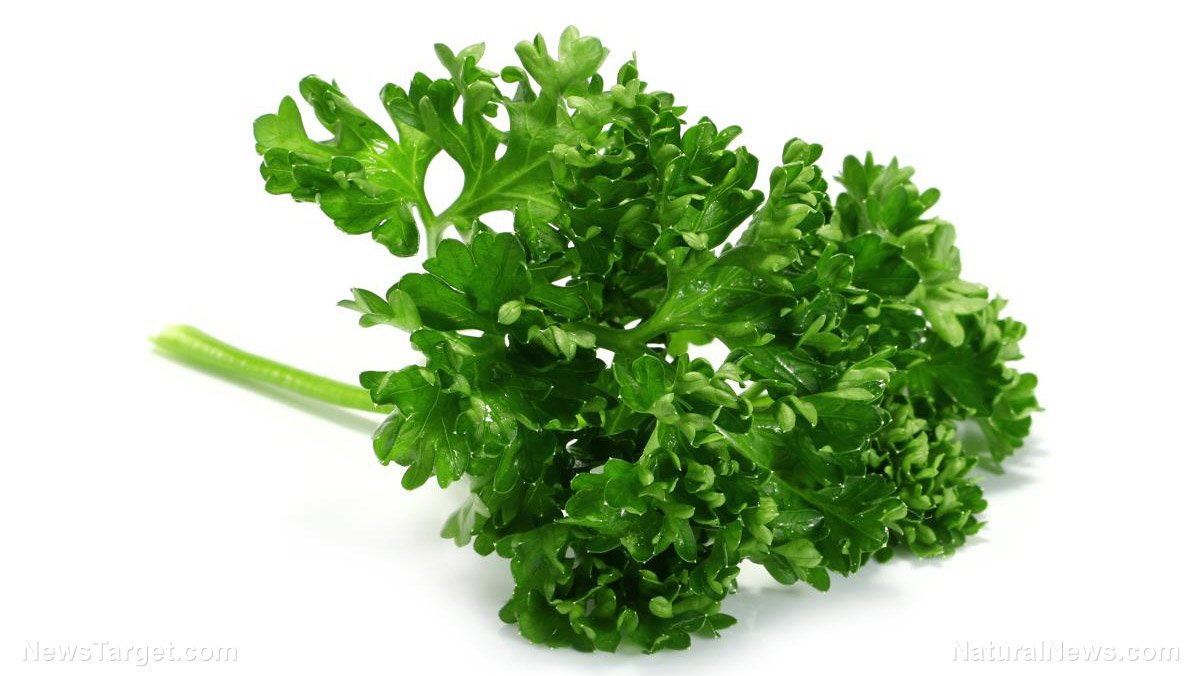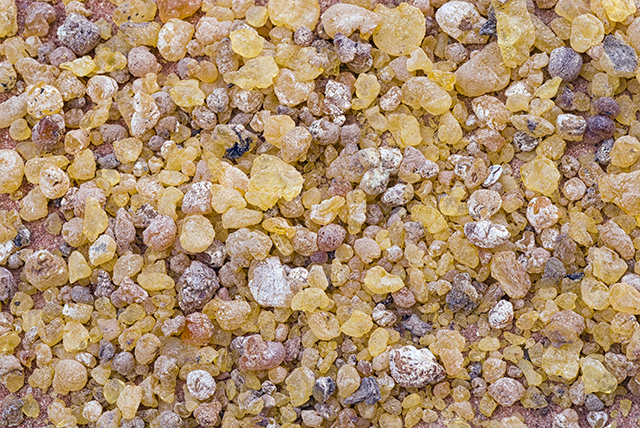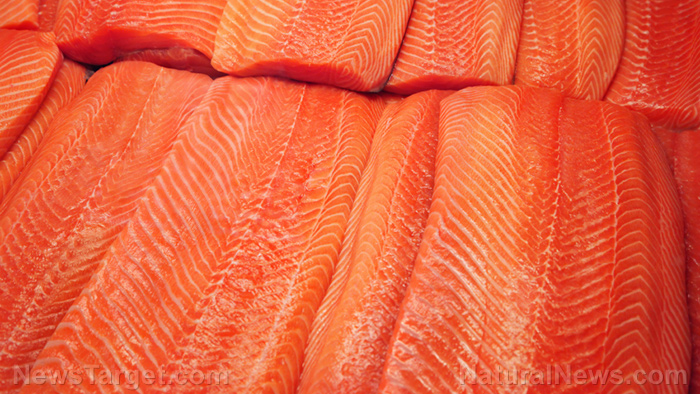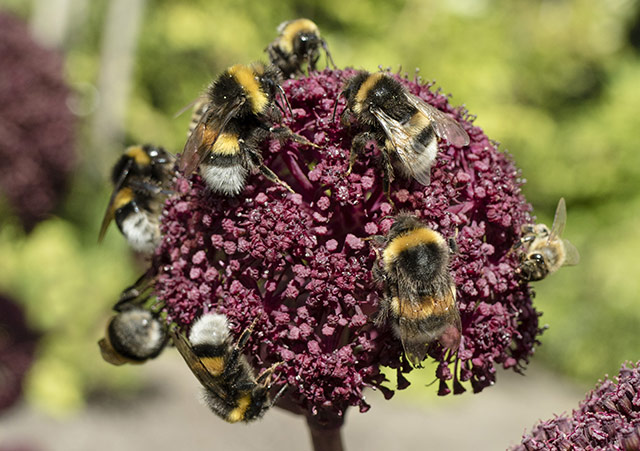Two native medicinal plants found in Asia discovered to have anti-cancer properties
10/31/2018 / By Carol Anderson

Hundreds of plants in Asia are known to be beneficial in treating various disease – among them are the chameleon plant (Houttuynia cordata Thunb.) and the Indian gooseberry (Phyllanthus emblica Linn.). In a recent study, researchers have found that these two plants contain the ability to inhibit the growth of cancer cells. The study was published in the journal BMC Complementary and Alternative Medicine.
- Researchers used an MTT assay to evaluate the anticancer activity of extracts from the powdered formula of fermented H. cordata broth and P. emblica fruit. The extracts were tested against HeLa, HT29, HCT116, MCF7, and Jurkat cells – which are all associated with cancer.
- To test apoptosis inductions and cell cycle arrest, extracts were subjected to a flow cytometric assay. In addition, the team utilized a reverse-phase high-performance liquid chromatography (HPLC) to identify and quantify phenolic acids in the extract.
- The results showed the viability of cancer cells were greatly reduced upon exposure to water and ethanolic extracts of the powdered H. cordata and P. emblica formula, with the ethanol extract being more cytotoxic than the water extract.
- Similarly, the ethanol extract was more potent than the water extract in inducing apoptosis.
- Seven phenolic extracts were identified, namely: gallic, p-hydroxybenzoic, vanillic, syringic, p-coumaric, ferulic and sinapinic acids.
From the findings, the powdered mixture of the chameleon plant fermented broth and Indian Gooseberry fruit is an effective treatment for cancer.
Read the full text of the study at this link.
Find out more natural ways to beat cancer by visiting CancerSolutions.news.
Journal Reference:
Tagged Under: alternative medicine, anticancer, chameleon plant, herbal medicine, Indian Gooseberry


